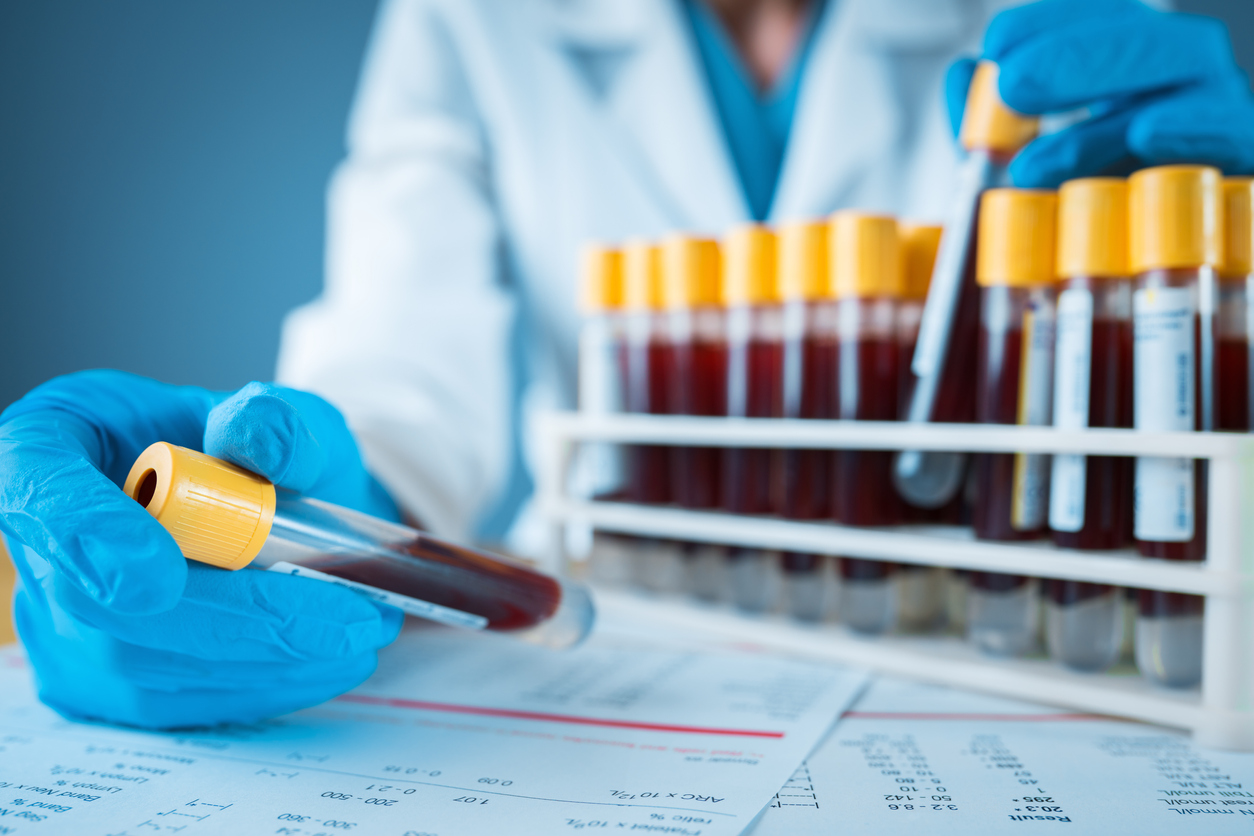
The entire team at MainStreet Family Care is encouraged by our patients’ desire to be informed. We’ve received a lot of great questions from you about SARS-CoV-2 Antibody Testing! Below our Chief Medical Officer, Dr. Timothy Taylor addresses some specific questions that our community has been asking about COVID-19 antibody testing.
I’m on the fence. Should I take the COVID-19 antibody test?
Dr. Taylor: It is up to you. This test is intended for patients that believe either they had COVID-19 in the past based on prior symptoms or had a confirmed positive case of COVID-19.
How do I know if I have immunity to Coronavirus?
Dr. Taylor: The short answer is that it is too soon to be able to say what kind of immunity these tests indicate.
The development of immunity to a viral infection is a process that typically takes place over 1-2 weeks. The body responds to a virus by producing antibodies that help your body fight off the infection. In most cases, the body continues to produce these antibodies after your infection and those antibodies may prevent a re-infection, or reduce the severity of a re-infection, by the same virus. With this being a new virus, we are currently unable to measure the amount and effectiveness of immunity, only the presence of antibodies in the blood.
Researchers and medical professionals around the world are working to review evidence on how antibody responses to the COVID-19 infection affect the potential for immunity in the future.
Does the SARS-CoV-2 antibody test look for both the IgG and IgM antibodies?
Dr. Taylor: Yes. The blood we draw at the clinic is sent to LabCorp where they use the SARS-CoV-2 antibody test to see if the blood has the IgG and IgM antibodies.
Many doctors say on TV that there are many discrepancies in anti-body testing. Are these approved by FDA?
Dr. Taylor: The SARS-CoV-2 antibody blood tests are processed by LabCorp, and the FDA has authorized these tests through an Emergency Use Authorization (EUA). The EUA allows the FDA to help strengthen the nation’s public health protections against COVID-19 threats by facilitating the availability and use of testing and treatments needed to aid our communities during public health emergencies. You can read more on the LabCorp website.
I hear that there are unreliable antibody tests out there. What makes this test more reliable than others?
Dr. Taylor: To be honest, it is hard to say. This is a new frontier for everyone in the healthcare field. Currently, there is very little experience with antibody testing specific to this new virus. We selected LabCorp to provide the testing because they are one of the two largest laboratory service companies in the US. LabCorp performs these types of tests in a controlled and highly regulated environment, rather than a manufactured rapid test.
Do I need to quarantine after I get the antibody test?
Dr. Taylor: Since the antibody tests are intended for patients that are well and/or recovered from COVID-19, there is no need to be quarantined after taking the COVID-19 antibody test. However, you should also get the viral swab test to see if you are currently infected if you are symptomatic or have been exposed. In addition, you should self-isolate until you get the results of the viral infection swab test back.
How far back can the antibodies test? I think I may have had COVID-19 in December or January.
Dr. Taylor: That is a good question. At this point, it is unknown exactly how recently you could have been infected/exposed and still show the presence of antibodies. With that said, we look to what we know about how antibodies behave in response to other known viruses. This tells us that this blood antibody test should provide an indication if you were infected in the recent past, including several months ago.
What are the chances I will get a false-positive?
Dr. Taylor: Because the LabCorp antibody test is a serology test for SARS-CoV-2 antibodies IgG and IgM, we believe this makes it reliable. However, no test is perfect, and the chance of a false positive or false negative always exists. Because the COVID-19 virus is in the same family as a number of other coronaviruses, it is possible to get a false-positive test if you were previously infected with a similar strain of coronavirus.
How do I know that this test will tell me that I’ve had COVID-19? How do I know I didn’t have one of the other Coronaviruses?
Dr. Taylor: Currently there is no commercially readily available way to determine that.
What company’s tests are you using? What makes them more accurate than others?
Dr. Taylor: MainStreet performs the office visit and blood draw, but the testing itself is done by LabCorp. We selected LabCorp to provide the testing because they are one of the two largest laboratory service companies in the US. They perform these types of tests in a controlled and highly regulated environment. However, at this point, there is no guarantee any one test is better than another.
If I received a flu shot this year and then get the antibody test, will it show up positive?
Dr. Taylor: The Influenza and the coronavirus are different viruses so based on our current understanding, getting a flu shot in the past should not impact your COVID-19 blood antibody test.
Can I donate blood or plasma if my test shows that I have the antibodies?
Dr. Taylor: The best source of current information is the American Red Cross. Please visit the Red Cross website for more information.
